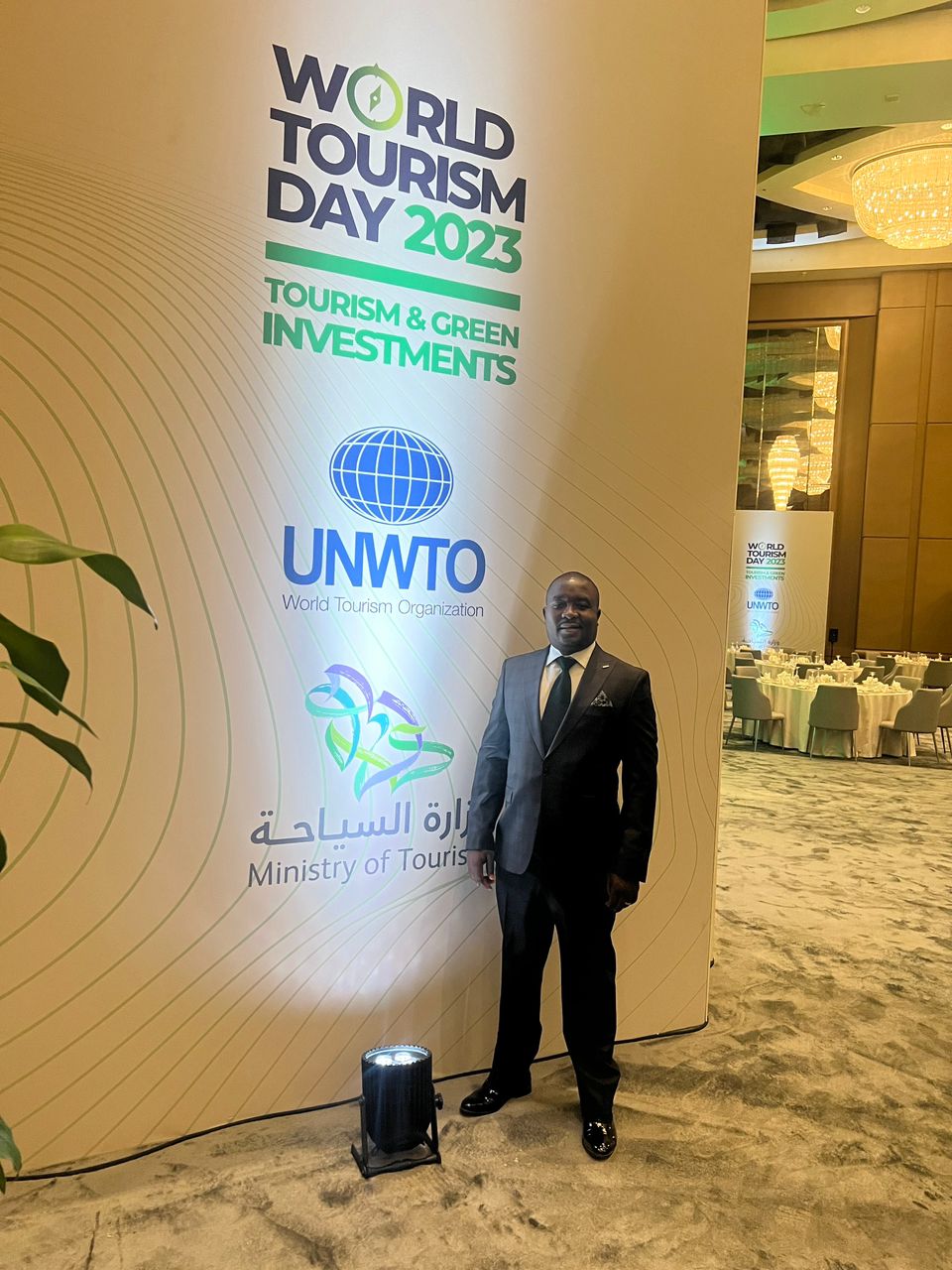|
Getting your Trinity Audio player ready...
|
Hon Tongai Mnangagwa, the Deputy Minister of Tourism and Hospitality Industry has said Zimbabwe is prepared to offer a seamless end-to-end travel experience for tourists.
Speaking to this publication from Saudi Arabia where he is leading the Zimbabwean delegation in commemorating World Tourim Day, Hon Mnangagwa said this year’s celebrations running under the theme “Tourism and Green Investments” highlight the need for more and better-targeted investments for sustainable tourism hence the need for offering seamless end-to-end travel experience as one of the strategies.
A seamless end-to-end travel experience is a journey that is devoid of any mistakes, delays, or setbacks. This kind of travel experience is efficient, smooth, and enjoyable. It should also be consistent across all channels.
It enables sustainable growth by handling travellers more efficiently, strengthening safety and security for travellers and recipient communities. A seamless end-to-end travel experience supports regional and local economies and job creation, through improved connectivity and sustainability by managing visitor flows and promoting alternative travel modes.
“From a traveller’s perspective, a seamless end-to-end experience is exemplified by a journey during which the traveller no longer needs to present travel documents and boarding passes multiple times to a variety of stakeholders at different stages of their journey. Rather, travellers will be able to book transportation, check-in, proceed through security cross borders, board their aircraft, collect luggage, rent a car, check in and out of their hotel and other non-air services, and access myriad destination services simply by confirming their identity and booking data.
“It is important to recognise the importance of facilitating seamless travel, in the long-term and as part of the recovery from the COVID-19 pandemic, as an enabler and driver of economic growth, enhanced safety and security, and an improved traveller experience, as well as enhanced local development, greater sustainability, and better visitor management,” Hon Mnangagwa said.
He said there are many ways that the tourism sector can better refine end-to-end experience. Tourism in Zimbabwe is government-led, community-based and private-sector-driven. In order to better refine the end-to-end travellers’ experience while maintaining human connections, the government, private sector and community have a vital role to play.
The Deputy Minister said seamless travel policies must prioritize sustainability to minimize the environmental footprint of travel and tourism activities. This involves promoting responsible tourism, reducing greenhouse gas emissions, conserving natural resources, and protecting cultural heritage.
He added that the policy framework should include measures such as promoting eco-friendly transportation options, encouraging the use of renewable energy sources, implementing waste reduction and recycling programs, and supporting sustainable tourism certifications. Collaboration with industry stakeholders and public-private partnerships can help drive these initiatives.
Tied to that, transport connectivity enabling and facilitating seamless travel requires sufficient and smooth transport connectivity between origin and destination as well as barrier-free processes and efficient handling of travellers. Seamless travel should aim to reduce travel barriers, improve connectivity, and foster collaboration among stakeholders to drive economic development. In the case of the Republic of Zimbabwe, the upgrading of major highways has made connectivity between cities seamless.
Hon Mnangagwa said much has been done to simplify visa processes and make the application process simpler, while still maintaining a focus on security. Digital traveller identity and biometrics is seen as key area for global progress, with significant benefits for security and enhanced traveller experience. It seeks to promote the use of digital traveller identity and biometrics while respecting data privacy based on agreed international standards and principles, for example through global cooperation between governments and international bodies and enabling recognition and interoperability between different systems.
The direct provision of information and other assistance to travellers can significantly influence their activity and improve their experience, as well as provide other management benefits. There are many examples of good practice involving imaginative use of new technology as well as more traditional forms of communication. Across all these areas common challenges can be identified, some of which have a global dimension.






